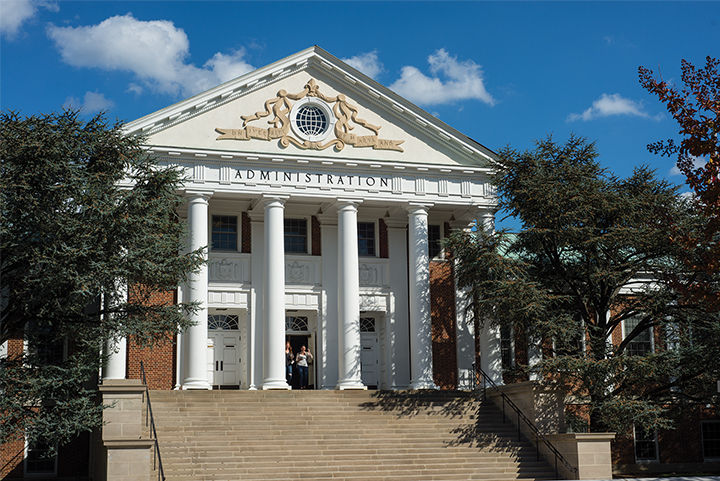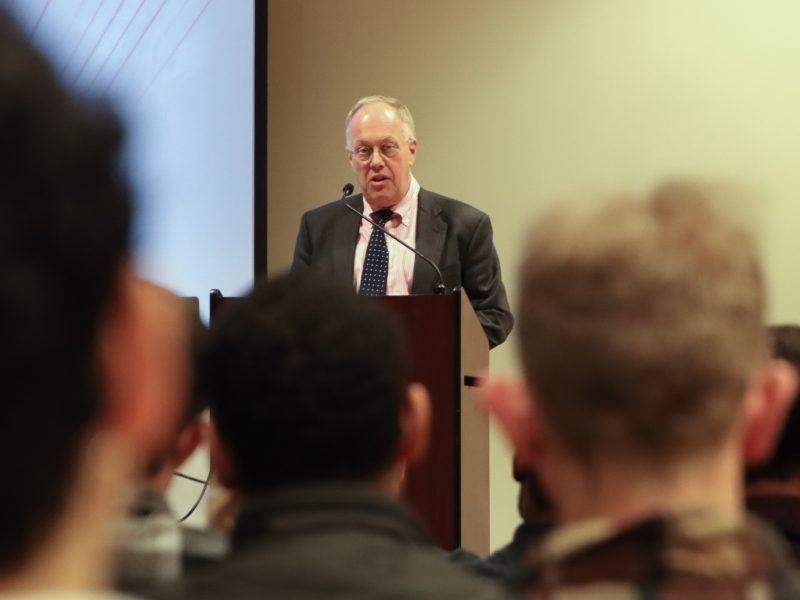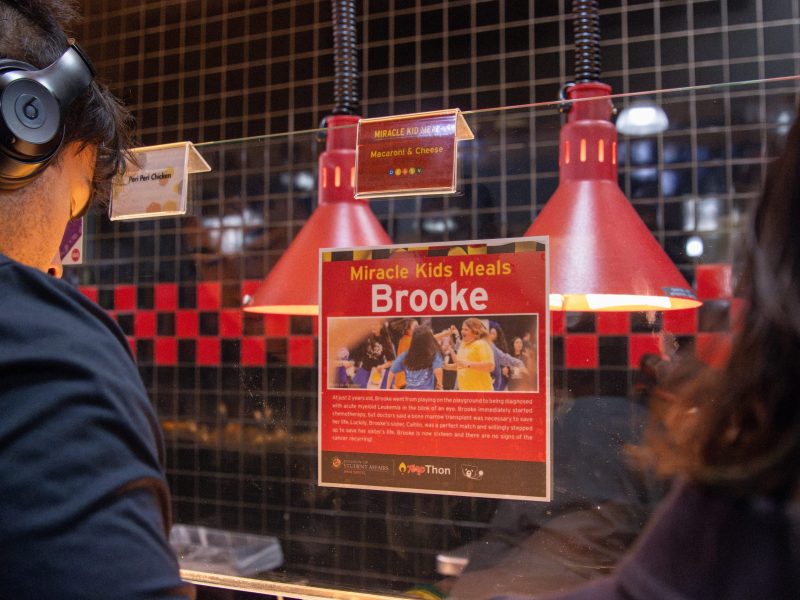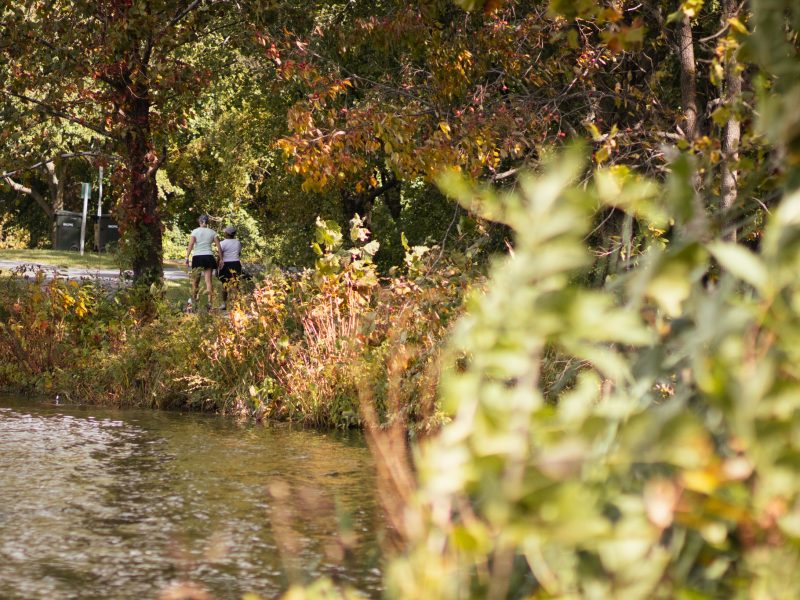University of Maryland President Wallace Loh addressed a letter to the campus community today responding to some of the demands that ProtectUMD, a coalition of 25 student organizations, sent to the administration in late November.
ProtectUMD’s list of demands included demands ranging from diversity training for Student Government Association and Greek organizations to requests from individual student communities, such as constructing prayer rooms on the campus for students.
Below are his full remarks.
Dear University of Maryland community,
We begin this new semester as a rift grows in our nation. An “us-vs.-them” mind set prevails. We talk more about our differences than about our common ground.
In such a time, the University of Maryland must remain true to its core values, all of them. They ground us. We cannot learn, teach, pursue truth, and advance knowledge without academic freedom and freedom of expression, civility and respect, diversity and inclusion, openness and shared governance. Our excellence depends on these values, and they are found in our strategic plan.
Against this backdrop, 25 student groups — under the name “ProtectUMD” — last month presented to the UMD administration a list of 64 “demands.”
By their engagement and passion, these students are demonstrating citizenship in action. American democracy is about the right of people to advocate for what they believe is right. My response to the “demands” is framed by UMD’s educational mission and core values.
I tasked senior UMD administrators with a review of the students’ petition. They determined that:
(1) Many “demands” call for actions that have been undertaken already or are set to be undertaken. Example: the multi – year plan to increase the hiring and retention of faculty of color, as outlined in UMD’s strategic plan.
(2) Some “demands” for curricular and organizational changes in the area of diversity will require consultation with, and approval by, academic departments and the University Senate, in accordance with our principle s of shared governance.
(3) And, there are “demands” that should not — and will not — be implemented because they are unlawful, or impractical, or unnecessary. Examples: restrictions on freedom of speech are unconstitutional; providing “prayer rooms” in every major campus building is impractical; declaring UMD a “sanctuary campus” is unnecessary, since we already provide all the protections and support allowed under the law.
Our University is deeply committed to diversity, inclusion, and social justice . Progress in realizing more fully these values begins by listening and responding, simple as it sounds.
First, we engage in dialogue. We renew the invitation to the student groups comprising “ProtectUMD” to sit down with us to discuss ways we can work together and move our University forward. We want to focus on achieving common goals and advancing shared values instead of going over “demands,” one by one.
We recognize the rise of angst, hurt, and anger in fraught times. We know there are members of our University community who feel disenfranchised and marginalized on account of race, ethnicity, gender, sexual orientation, economics, or beliefs that span the political spectrum. We take their concerns and our institutional values seriously.
Second, we take action. After conversation with student groups and other campus stakeholders, we will develop and propose initiatives and investments to address issues of common concern. Our campus is one of the most diverse among our peer flagship institutions. It is this diversity that inspires us to do more for greater acceptance and inclusion .
No anodyne will heal the divisions in our country today, nor should it. At the University of Maryland, we do not fear the clash of ideas and values. I ask every member of our academic community to help us move forward with an open mind, consider different perspectives, and debate with respect and civility. These are the qualities that make trust, collaboration, and progress possible in a democracy.
None of this is easy or comfortable. Together, we can forge unity in diversity, become one formed from many. This is the enduring challenge, and opportunity, that faces our nation and our campus.
Sincerely,
Wallace D. Loh
President, University of Maryland
CORRECTION: A former version of this post described prayer rooms as for Muslim students. ProtectUMD demands prayer rooms for all students, regardless of religion.



